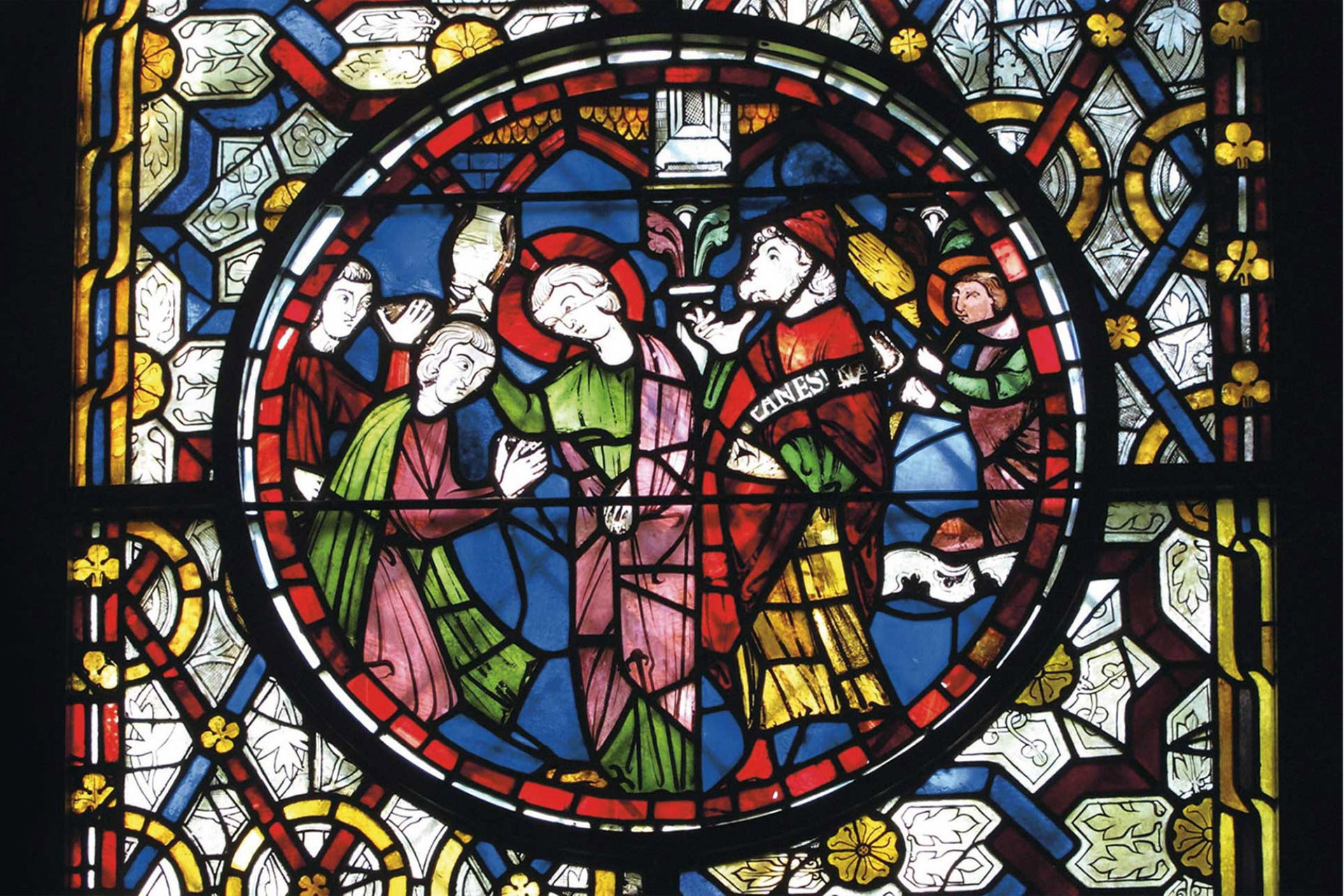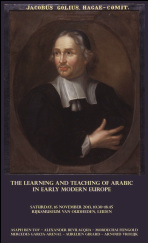Valentina Caldari, University of Kent/Universidade do Porto and Sara Wolfson, Canterbury Christ Church University are co-organising a conference entitled, ‘Early Stuart Politics: The Anglo-Spanish and Anglo-French marriage … Read more
Month: October 2013
Today’s Research Seminar: ‘Social Networking During the Age of Beloveds’
We’re pleased to welcome Mehmet Kalpakli, of the Department of History, Bilkent University, for today’s Research Seminar, ‘Social Networking During the “Age of Beloveds”: Parties, Poetry and Patronage‘. … Read more
Encounters with the Orient in Early Modern European Scholarship
We’re pleased to announce the launch of a new joint research project – ‘Encounters with the Orient in Early Modern European Scholarship’ (EOS) funded by … Read more



